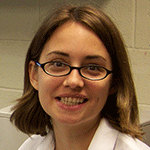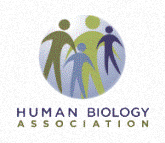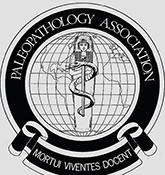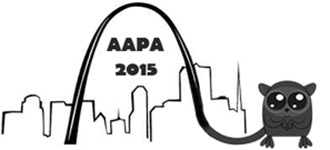The importance of human milk in evolution and modern health; biology and race in Ferguson; and the latest research on Cahokia Mounds will be among the presentation topics as three major human biology and anthropology professional groups converge in St. Louis for their annual scientific meetings March 24-28.

“The 2015 gathering will be the first time human milk has been the focus of a plenary session at the Human Biology Association (HBA) annual meeting,” said conference organizer and local host Elizabeth A. Quinn, PhD, assistant professor of physical anthropology in Arts & Sciences at Washington University in St. Louis.
“The session will feature major researchers in human milk from across the United States – including Margaret Neville, one of the earliest pioneers in lactation biology.”
The HBA is hosting its meetings in St. Louis at the same time as two other major professional organizations, the American Association of Physical Anthropologists (AAPA), and the Paleopathology Association (PPA). HBA is expecting around 150 participants, PPA around 250 and AAPA 1,900.

Reporters from Science, Science News, and Scientific American will be there covering news from hundreds of scholarly research presentations, Quinn said.
Washington University will be well represented among presenters at the conferences, which will be held at the Hilton Ballpark in downtown St. Louis.
Quinn, along with other Washington University faculty and graduate students, will unveil findings from their latest research, including studies on the role of animals in transmitting leprosy and other diseases, genetic variances in brain size and shape, baboon grooming behavior and the use of unmanned drones and satellite imaging to identify hotspots for fossil prospecting.

Eight Washington University undergraduates will discuss their research projects in AAPA poster sessions.
University alumni will be among those participating in a program honoring Tab Rasmussen, a Washington University professor of anthropology who died last year.
Robert W. Sussman, PhD, professor of anthropology in Arts & Sciences and the author of “The Myth of Race: The Troubling Persistence of an Unscientific Idea,” will participate in an AAPA panel discussion from 2-4 p.m. Saturday, March 28, titled “In the Shadow of Ferguson – Race, Inequality and how Biological Anthropologists might contribute to the Dialog.”

This year’s AAPA program includes 1,065 scientific presentations over three full days of the meeting.
For more information on conference registration, programs and presentation schedules, visit the associations’ meeting websites: AAPA, HBA or PPA.